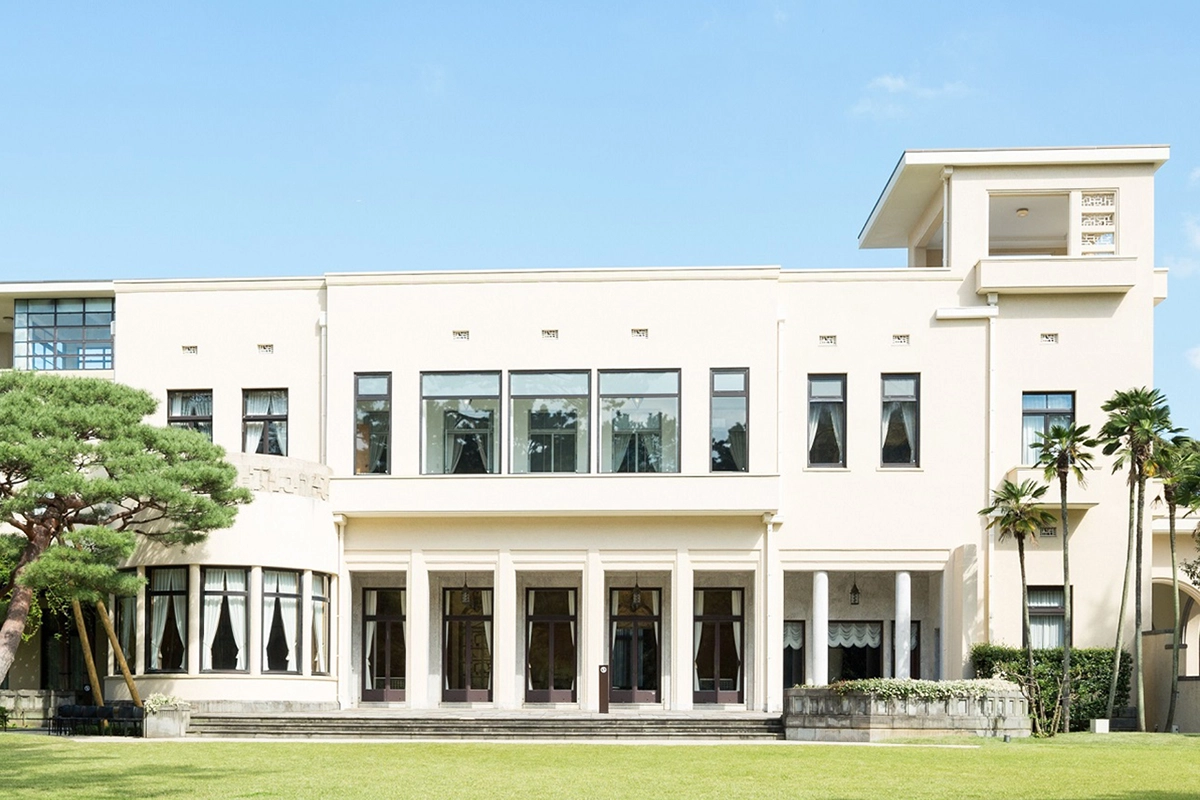
Japan is renowned for its diverse and culturally rich museums. We love visiting museums when we go to different cities. Here are our top 10 museums we recommend for you to consider visiting in Japan, each offering a unique glimpse into various aspects of Japanese history, art, and technology:
Tokyo National Museum (Ueno, Tokyo):
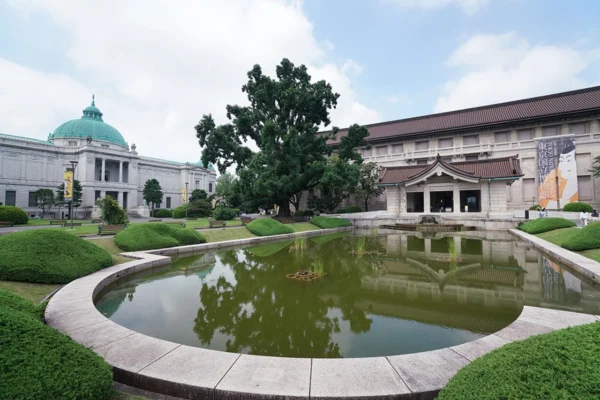
Established in 1872, the Tokyo National Museum is Japan’s oldest and largest museum, showcasing a comprehensive collection of art and archaeological artifacts of Japan and other Asian countries. Its extensive collection includes ancient pottery, Buddhist sculptures, samurai swords, colorful ukiyo-e prints, and elegant kimonos. The museum’s buildings themselves are architectural marvels. It took almost all day to look through one building for us. If you can, we recommend you spend multiple days to visit the Tokyo National Museum.
Kyoto National Museum (Kyoto):
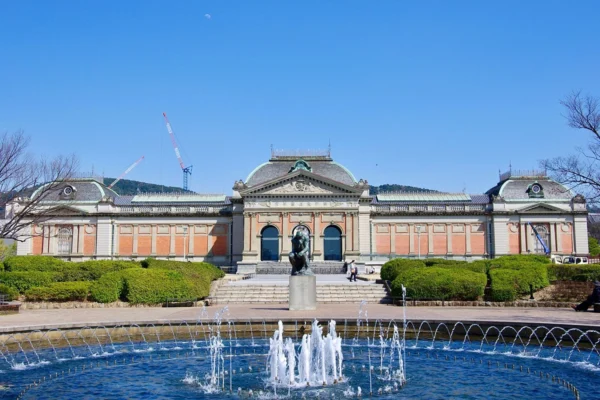
Specializing in pre-modern Japanese and Asian art, the Kyoto National Museum houses an impressive array of national treasures and important cultural properties. Its collection encompasses fine arts, including paintings, sculptures, ceramics, and calligraphy, offering insight into Japan’s rich artistic heritage. The museum’s Heisei Chishinkan Wing, designed by Yoshio Taniguchi, is a notable addition, blending modern architecture with the traditional landscape. We enjoyed walking through the garden around the building after art-rich experience throughout the day.
The National Museum of Emerging Science and Innovation: Miraikan (Tokyo):
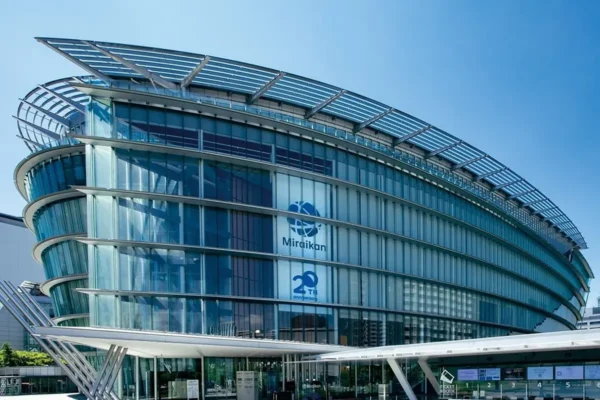
This futuristic museum, also known as Miraikan, offers a glimpse into the future of science and technology. It features interactive exhibits on robotics, space exploration, and environmental sciences. Highlights include a life-size model of the International Space Station and the famous humanoid robot ASIMO.
Ghibli Museum (Mitaka, Tokyo):
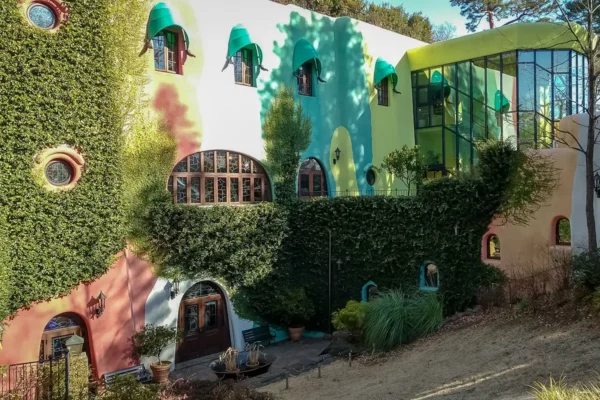
If you are an Miyazaki’s fan, you must visit! This enchanting museum is dedicated to the animated films of Studio Ghibli, led by the iconic Hayao Miyazaki. The museum immerses visitors in the world of films like “Spirited Away” and “My Neighbor Totoro,” featuring original drawings, life-sized recreations, and an exclusive short film shown only here. There are so many pictures spots throughout the museum.
The National Art Center (Roppongi, Tokyo):
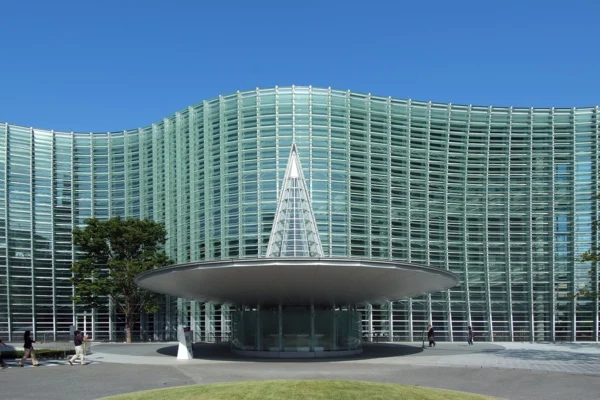
With its distinctive wavy glass façade, the National Art Center museum stands out as an architectural landmark. It hosts various rotating exhibitions that showcase both contemporary and traditional art from Japan and internationally. The center’s unique approach includes no permanent collection, focusing instead on a dynamic array of temporary exhibits. The most memorable exhibition we saw was the show by Miyake Issei. We had a great time walking through his clothes and the intricate process of creation. Another attraction of this museum is the French restaurant, Brasserie Paul Bocuse Musée. The restaurant is located on the top of pillar (you have to see it!).
The Sumida Hokusai Museum (Ryogaku, Tokyo):
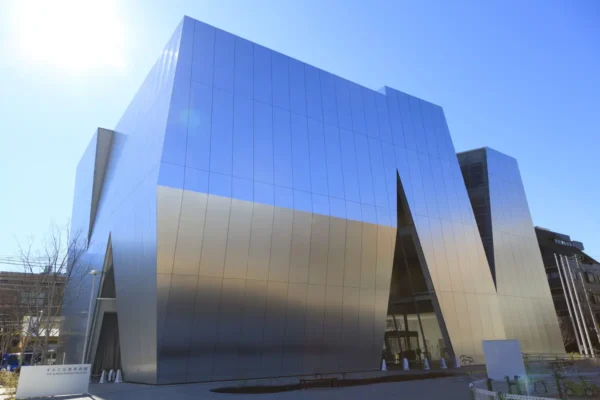
Dedicated to the life and works of Katsushika Hokusai, this Hokusai Museum showcases the master’s renowned ukiyo-e prints (woodblock prints), including the iconic “The Great Wave off Kanagawa.” The museum’s striking architecture and interactive displays provide a modern context for appreciating this traditional art form. We have been interested in and collecting the ukiyo-e prints for the past decade. The craftmanship of their works are truly amazing.
21st Century Museum of Contemporary Art (Kanazawa):
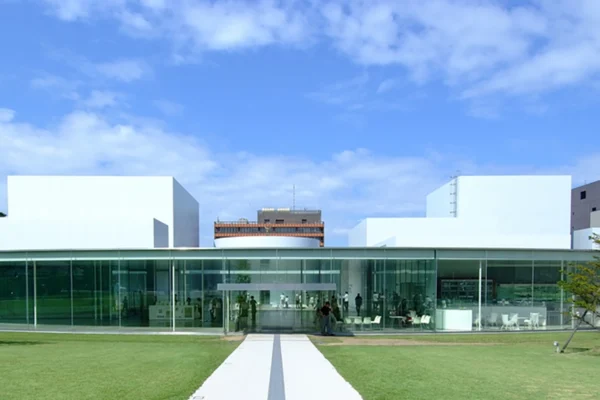
If you are in Kanazawa, you must visit the 21st Century Museum, renowned for its circular, glass-walled design, offers a space where visitors can enjoy contemporary art in a non-traditional setting. It features both Japanese and international artists, with an emphasis on new artistic expressions that break conventional boundaries. One of the iconic display is The Swimming Pool by Leandro ERLICH. We had to make a reservation to visit this exhibit.
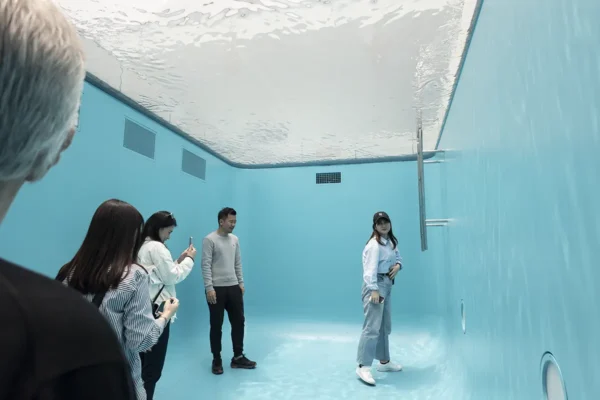
TOP Art Museum (Ebisu, Tokyo):
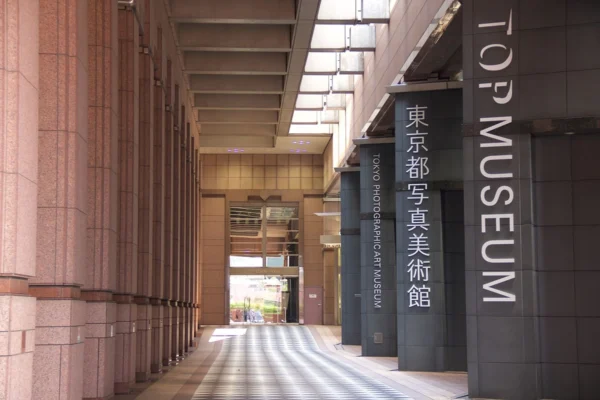
Located in Ebisu, the TOP Art Museum is dedicated to contemporary art, architecture, and design. It’s known for its innovative exhibitions that often combine art with technology, offering a fresh perspective on modern artistic expression. It is one of our favorite museums, and we visit almost every time we are in Tokyo.
The Hakone Open-Air Museum (Hakone):
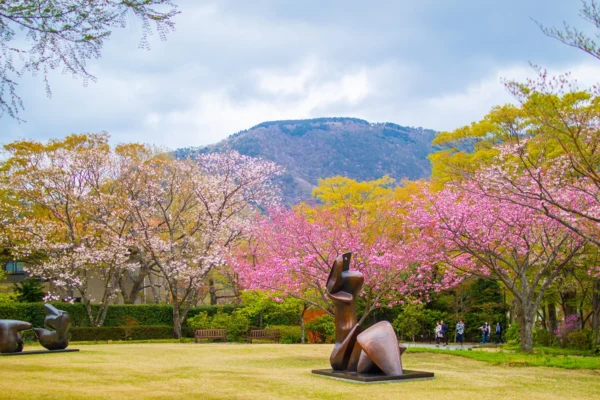
Set against the backdrop of Hakone’s natural beauty, the Hakone Open-Air Museum blends art with nature. It features a vast array of sculptures set in picturesque landscapes, along with the works of renowned artists like Picasso. We had a great time walking through the garden looking through the sculptures. We recommend you select a warm sunny day in spring or fall for this visit. The museum also includes hot spring foot baths, allowing visitors to relax while enjoying the art.
Enoura Observatory (Odawara):
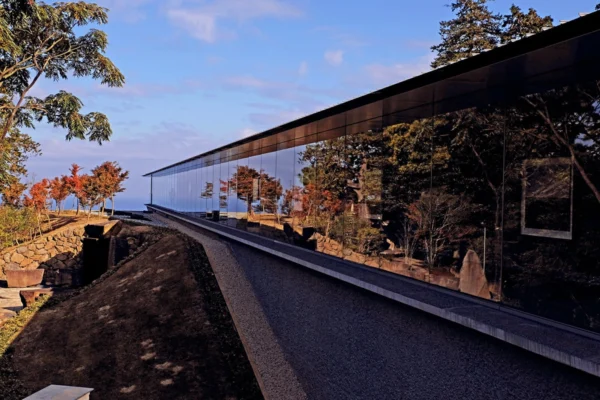
Created by artist Hiroshi Sugimoto, this unique space, Enoura Observatory, combines art, architecture, and ancient astronomical observations. It’s designed to align with the winter solstice and offers stunning views of the Sagami Bay. The observatory includes a gallery, a tea house, and a stage for Noh performances, providing a holistic cultural experience. Sugimoto is a well-known photographer, active in both US and Japan. Here is the introductory video by Sugimoto.
Each of these museums not only showcases various aspects of art and culture but also represents the diversity and creativity inherent in Japan’s approach to preserving and presenting its heritage and forward-thinking vision.
Contact us at info@jpconnection.net, or click here to use our contact form.
Submission successful. You will receive a confirmation email, shortly.
Notifications